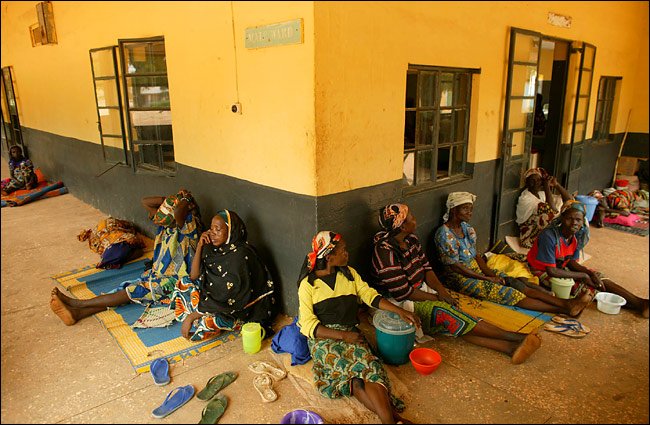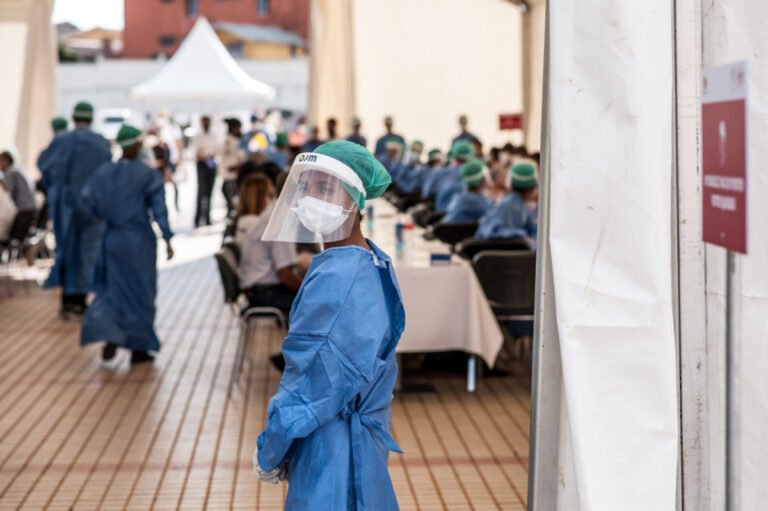By: Uguru, N., Ojielo, N., Ogu, U., Onah, S., and Ude N
Prior to the index case in 2019, there was no official preparedness plan on the ground of inadequate public awareness of COVID-19 in Nigeria. Health system financing and infrastructural development were at a very low point. This study aimed to find out information and determine the capacity of the Nigerian health system’s responses to COVID-19 in the country.
A scoping review of media and official documents and journals, published from 1st December 2019 to 31st December 2020 was done. Other online news sources that have consistently reported health systems’ responses to COVID-19 in Nigeria, were also reviewed. The geographical scope of the articles were national and sub-national. The search was conducted in English and performed in PubMed, Google Scholar and Scopus.
Nigeria’s International Health Regulations (IHR) score at point of entry (PoE) 1 & 2 was 3 and 1 in 2019. Routine capacities established at points of entry were improved after the index case, however, effective public health response at points of entry, remained the same. After the index case, a presidential task force to organize response to the pandemic and oversee nationwide lockdown measures was inaugurated. However, this brought about poor access to food and income for millions of Nigerians. Non-health responses such as conditional cash transfers and welfare packages were haphazardly done and deemed not to have met the adequate economic response need.
By December 31st, 2020, Nigeria had 70 free laboratories from an initial 13 before the pandemic. Available testing platforms were G-expert, open PCR, Corbas and Abott, with a capacity to test 2500 samples a day, only half of this was achieved due to inadequate human resource supply. Equipment, infrastructure and supplies received a boost after the index case but were still considered inadequate, as there were 350 intensive care unit (ICU) beds prior to the index case, by 31st December there were 450 ventilated ICU beds. Local production and sourcing of materials were encouraged, though this remained below par at 14 mobile testing booths. Health worker infection rose as shortage of PPE’s was cited as a cause.
Nigeria’s health system response and capacity to handle COVID-19 is quite poor and grossly inadequate. There is a need to increase the number of health workforce in the country and institute adequate accountability mechanisms to ensure prudent and focused management of health funds.




